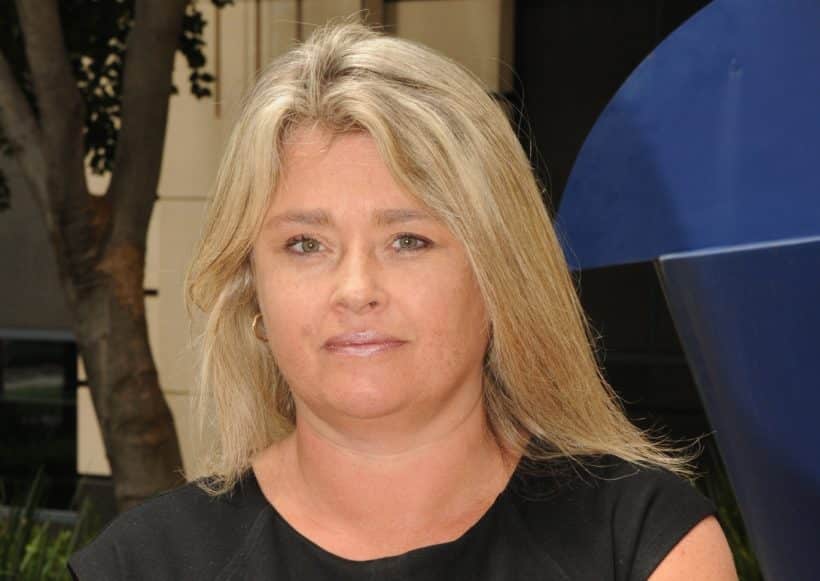South Africa’s franchise sector has shown tremendous resilience, first withstanding the heaviest effects from economic lens of the COVID-19 pandemic, secondly, looking at how global economies, suffered from the knock-on effect of the Russian war in the Ukraine.
As the economy in South Africa continues to struggle, worsened by the recent floods in KwaZulu-Natal, as well as the riots in the province a year ago, much hard work remains to help turn the corner.
But if there is a sector which has shone the light in the toughest of times in the country, it is the franchise sector, given its strong contribution to the economy, particularly when it comes to creating jobs. A conservative estimate is that the franchise industry annually employs around 350 000 people.
Furthermore, according to the Franchise Association of South Africa, the country’s franchise industry contributes around 15% (R721 billion) to the Gross Domestic Product (GDP), a figure made up of the total market value of all finished goods and services produced in the country during a specific period.
Previously, the Small Business Institute, noted that as many as 70% of small businesses in South Africa failed in the first five years. Given the contribution of the franchise sector, there is a strong argument for entrepreneurs to go this route as one would be operating in an established business, backed by expert financial advice.
In a country recovering from the pandemic, after the effects of several economic challenges, especially the disruptive state of load-shedding, certainty and the backing of an established franchisor would help the national goals of creating jobs and growing the economy.
This is imperative if we consider that according to StatSA’s Quarterly Labour Force Survey – Q1 2021, the official unemployment rate was 32,6% in the first quarter. Of greater concern is that the survey shows the official unemployment rate among youth (15 – 34 years) was 46,3 % in quarter 1 2021 and the rate was 9,3% among university graduates. Fred Makgato, head of the industry body, the Franchise Association of South Africa (FASA), warned that youth unemployment is a serious threat to the country’s economy.
But FASA has taken it further instead of being alarmist with a commendable strategic decision to transform the industry, working stakeholders to create franchise opportunities in and around townships of South Africa. The introduction of the franchise business model, along with franchise manager occupational training, in and around townships, is aimed at empowering and inspiring youth to take up franchise opportunities.
Such initiatives must be supported, as they serve dual purpose of helping to grow the economy and create jobs. Above all, it promises that after a tough few years the franchise sector will once more show its adaptability taking the country positively into new terrain.
As a bank, we have been proud to play a key role in helping to drive transformation, especially in the fuel sector, as set by the country’s transformation targets for the industry. Government has called on the fuel industry to meet significant transformation objectives within the next five years – not only to ensure basic compliance with the Fuel Liquid Charter, but also to ensure a sustainable industry.
Like most other countries, the fuel industry in South Africa is of strategic importance to ensure energy security and economic growth. According to the South African Petroleum Industry Association, the fuel subsector contributes about 8% to the country’s gross domestic product, which is approximately R300 billion in production output. There are about 5 000 petrol stations across all brands, creating over 700 000 direct and indirect job opportunities that make up 5% of total formal employment in South Africa.
Although the liquid-fuel industry is highly regulated with government dictating the petrol price, black entrepreneurs still face challenges such as access to infrastructure, finance, and markets. It is important to shape transformation in a holistic manner and to encourage greater market integration, removing obstacles that thwart competition and entry into the industry orderly, but swiftly.
Businesses are faced with the realisation that transformation is more than just a compliance exercise. They must now also look at ways to add sustainable value to the lives of historically disadvantaged South Africans through empowerment initiatives.
Ultimately, to achieve greater economic equality, key players in the industry must promote greater responsibility towards economic, political, and social objectives, driven by progressive, principled thought and positions. Our partnerships with various oil companies, new entrants and black-owned, have helped advance and enable transformation in this industry. At Nedbank this is conducted through a dedicated, centralised service for franchisors with strategic relationship development underpinned by tailored funding options.
As a bank we have already engaged with players in the fuel sector, for example. to collaborate on which the funding structure is most viable and beneficial to new entrants. An example of this is the flagship fuel-franchising partnership with PetroCONNECT, which was co-founded by Mark Harper and Sbonelo Mbatha, two individuals who have demonstrated the willingness and ability to address challenges in relation to sustainability, ownership, and transformation within the energy sector.
Our role at Nedbank is to enable through expert financial advice, players in the franchise industry to transform, focussing on those who are serious about achieving transformation goals with the greater good of the sector, growing the economy and creating jobs.
It’s the only way to go!


